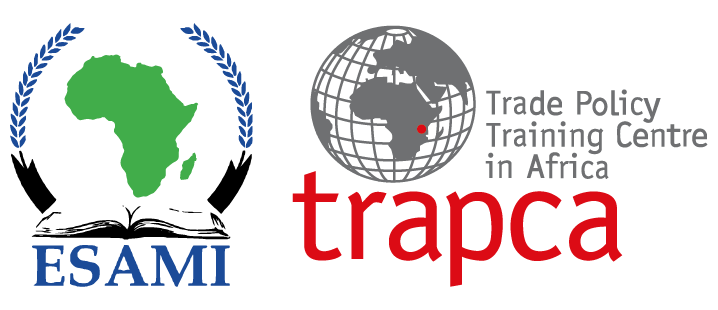Overview
The course is geared at improving the awareness and understanding of quantitative methods, which in turn can contribute to evaluations of development and poverty effects of negotiation positions and outcomes as well as domestic trade-related policy choices. The course is primarily designed for those who have some prior exposure to economic statistics and quantitative economic analysis and have, or expect to have, specialist positions as trade policy analysts. It introduces common analytical methods and tools widely used for the purpose of quantifying likely effects of alternative trade agreement outcomes and trade policy options.
The objective of the course is to introduce the participants to key tools of analysis in common use among trade economists. This will cover hands on exercises with some partial equilibrium models and various trade indicators. The participants will have the chance to extract data from UN COMTRADE and the UNCTAD/World Bank WITS/TRAINS databases and to compute the indicators. Participants will also learn how to interpret the results of their work.
Expected training outcomes
Fees and other costs
The fee for the programme will be payable in US dollars and will cover tuition, presentation material and other documentation. It also includes lunch and refreshments during each working day. Discounts are available for every 2 or more delegates registered from the same institution.
Course Fee: $2500
Venue: Zanzibar, Tanzania. However, subject agreement with clients, the course may be offered in any of the following venues: Kampala, Uganda, Mombasa, Kenya; Nairobi Kenya; Livingstone Zambia; Arusha, Tanzania and Zanzibar.
Dates: 20 – 24 March 2023
How to apply
Prospective participants should apply by filling the form below.
Inquiries
For any inquiries, kindly write to admissions@trapca.org
